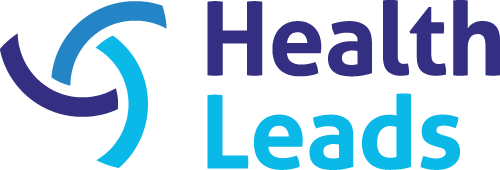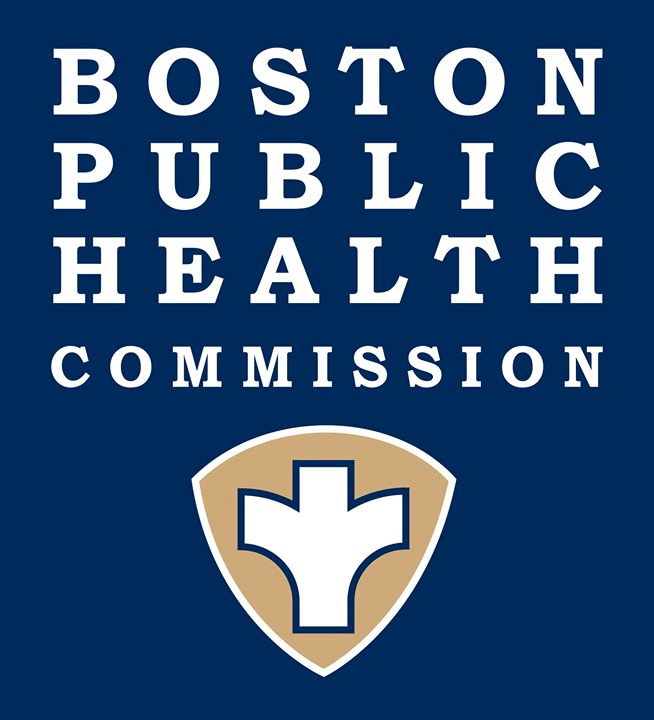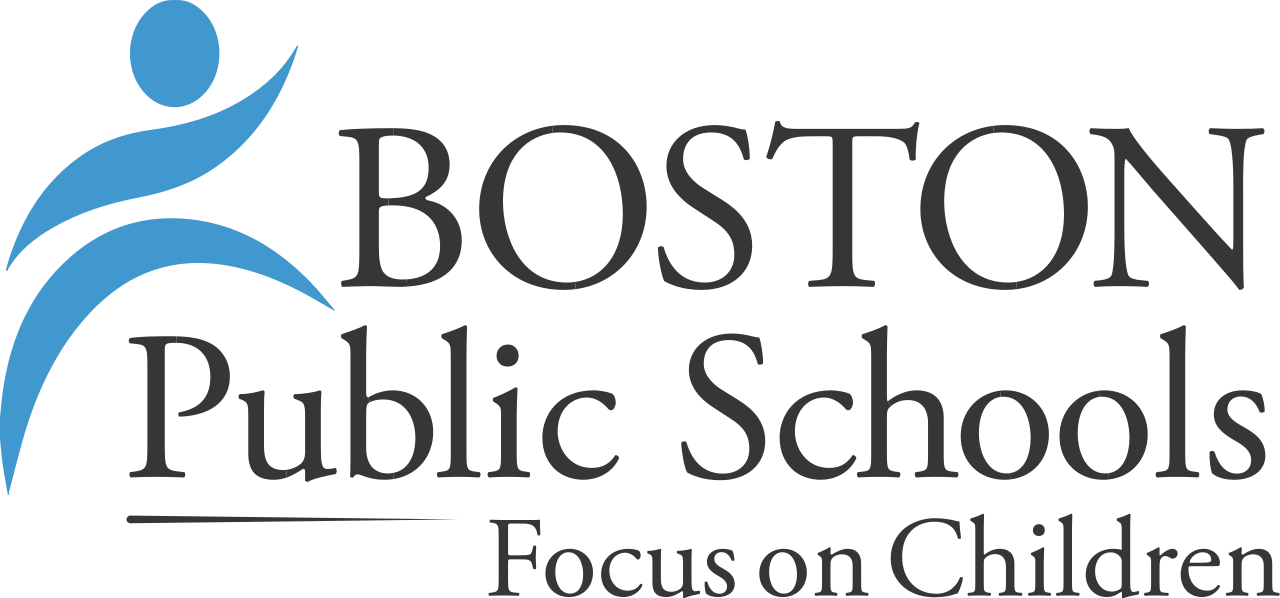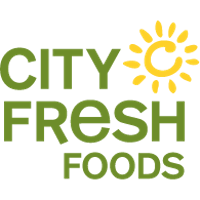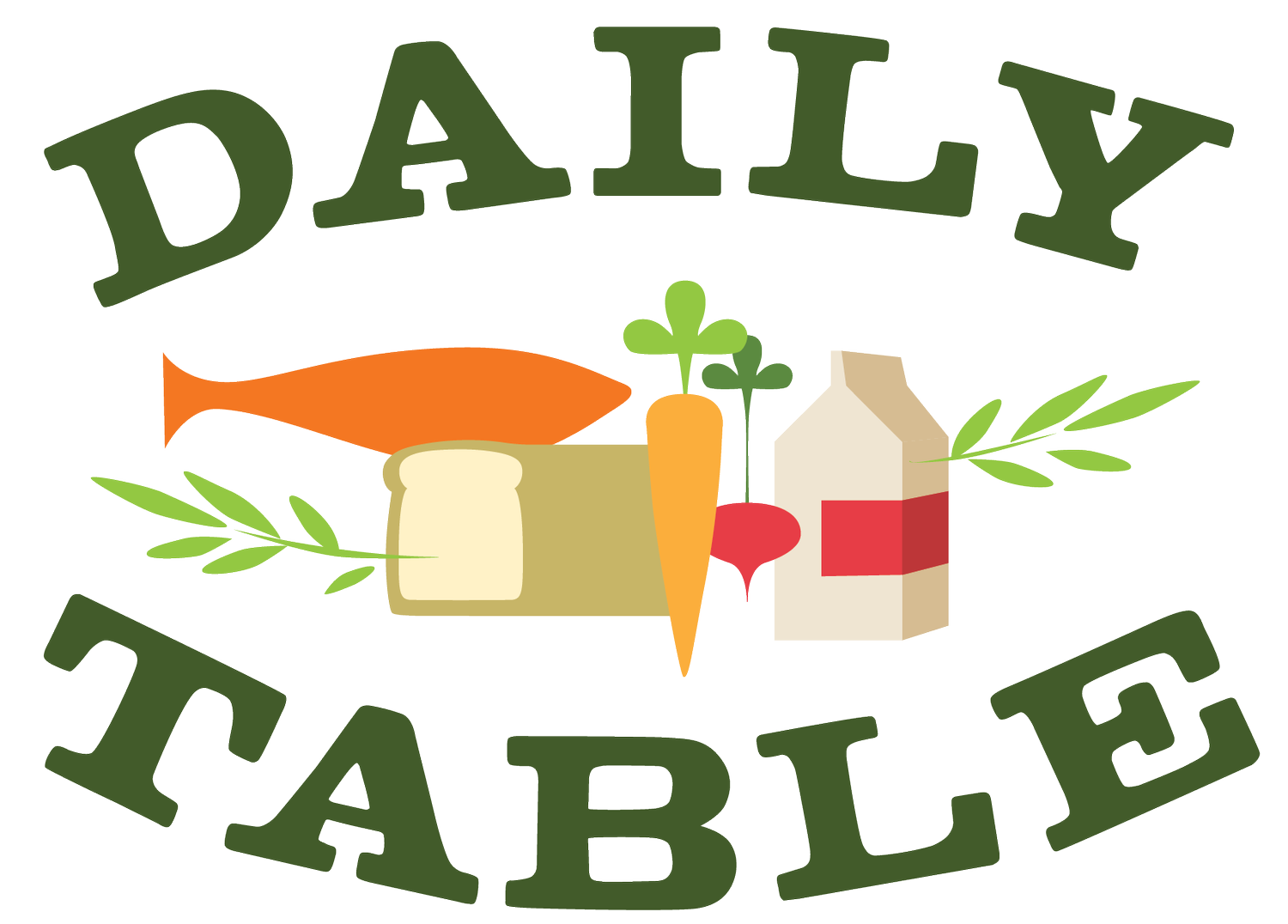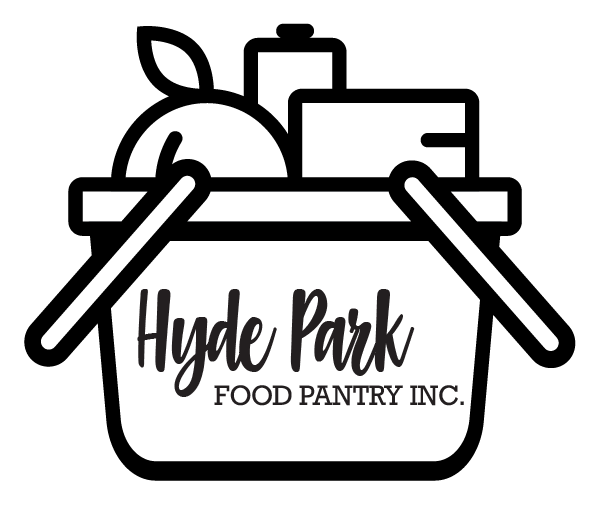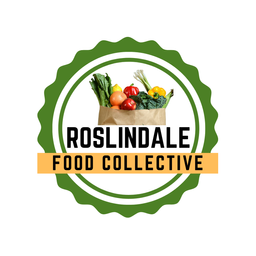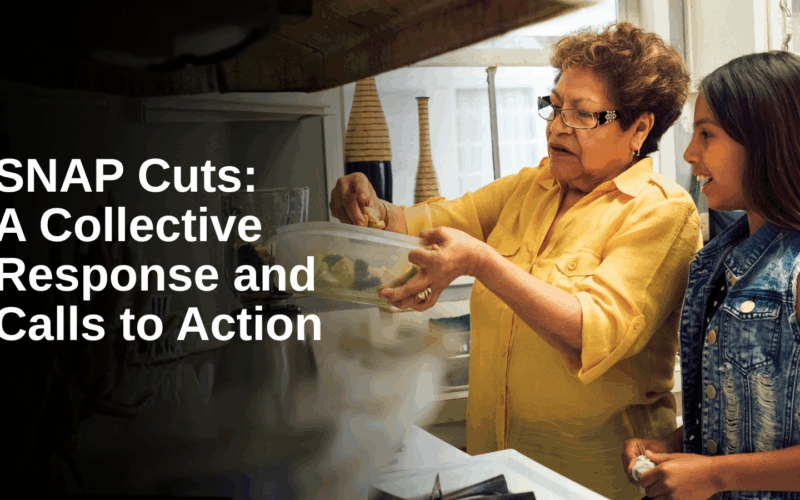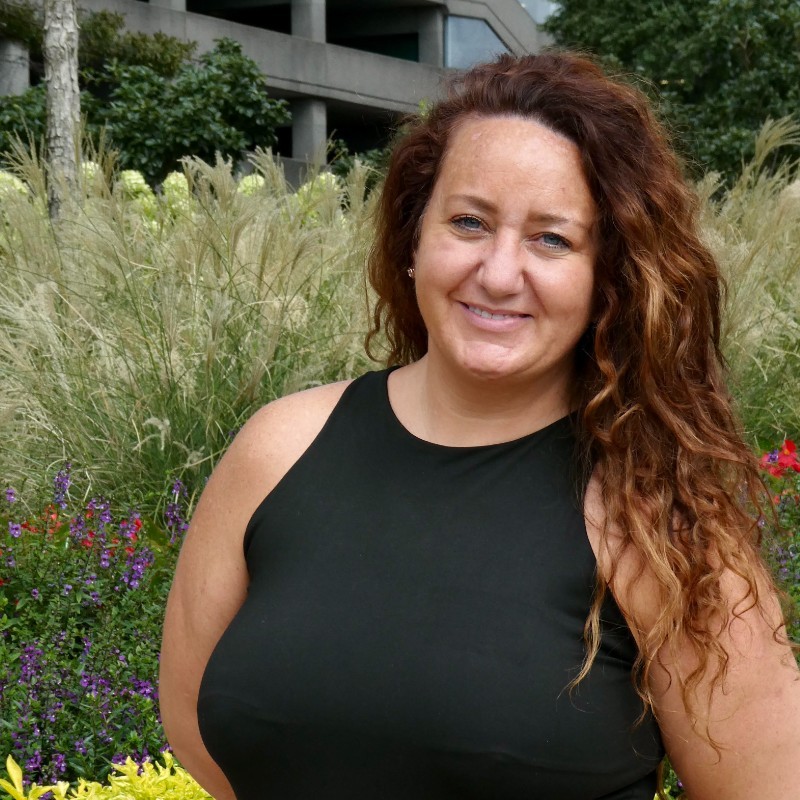Food Security
We’re working with local stakeholders in Massachusetts to build a better and more equitable food system. Because everyone deserves access to healthy and affordable food.

The Challenge
We have an opportunity to redesign our fragmented, under-resourced, and inequitable food systems around local communities. Today, families must navigate information gaps, insufficient financial resources and limited food options. Even the most well-intentioned solutions can create barriers to food access: While Food Is Medicine programs are gaining momentum, too many miss the mark for BIPOC communities — and CHWs are rarely integrated into these interventions. In Massachusetts, we’re working to change this.
By the Numbers
13.5 million U.S. households
experience food insecurity. That’s over 10% according to 2021 data.
18.8 million people
18.8 million people live in a food desert – meaning they live without easy or convenient access to a grocery store.
Over 550,000 households
in Massachusetts utilize food assistance programs. But applications can be complicated and services inaccessible.
Our Goals
We work to create opportunities for communities to make decisions about their food resources. We help policymakers in Massachusetts develop proactive, sustainable, and equity-oriented solutions. Alongside local stakeholders, we increase access to healthy food and close systemic gaps that allow people to go hungry. Together, we’re building a more equitable and resilient food system.
Our Work
Food Is Medicine
Food is Medicine programs provide medically tailored meals, produce prescriptions, and other nutrition supports. These services empower people to make food choices that help prevent and manage chronic conditions like diabetes and heart disease. But to deliver FIM’s full potential to improve health in under-resourced Black, Indigenous, Latinx, AAPI, and immigrant communities, programs must be designed by and with the people who use and refer to them.
To make Food is Medicine work for every community, we’re launching a new initiative that:
- Trains and certifies community health workers (CHWs) with a new Food is Medicine and nutrition module, co-developed with Tufts COHERE and community members.
- Equips CHWs to co-design and deliver culturally congruent, medically tailored nutrition interventions with patients and families.
- Reaches thousands of people with programs rooted in trust, culture, and dignity.
- Builds the evidence and tools to scale statewide – and influence national Food is Medicine policy.
Neighborhood Food Action Collaborative (NFAC)
For five years, co-led NFAC with our partners at Vital CxNs, to enable an equity-driven, community-led initiative with 30 cross-sector organizations and more than 50 community members. NFAC was created to address Boston’s fragmented, inequitable, and under-resourced food distribution system by placing decision-making power in the hands of those most affected by food insecurity. The results of this collaborative initiative offers a replicable model for other communities that understand the value of locally-designed and managed food security solutions.
Equitable Boston Food Ecosystem (EBFE) Project with the City of Boston’s Office of Food Access
Health Leads worked with the City of Boston’s Office of Food Access to center community recommendations. We interviewed over 100 local Boston stakeholders as part of this effort. We continue working with partners to put in place the recommended community-led solutions.
Increase SNAP Enrollment in Target Neighborhoods
Thousands of low-income residents who are eligible to receive federally funded Supplemental Nutrition Assistance Program (SNAP) benefits are not accessing them. In partnership with Vital CxNs and the New England United 4 Justice (NEU4J), we support SNAP enrollment, education, and application help throughout Boston. We also maintains an active membership in the Common App Coalition.
Food-system challenges disproportionately harm communities of color. This is especially true in the Greater Boston area, where food insecurity more than doubled as a result of the COVID-19 pandemic.
Find NFAC member mutual aid food distribution programs here:
NFAC Hyde Park Food Pop-Up
705 River Street, Hyde Park, MA 02136 (Hassan Apartments)
Every Friday 12-1pm
Contact: rhenry@healthleadsusa.org
Food Access Volunteers of Roslindale (FAVOR)
Archdale Apts/BCYF Menino. 125 Brookway Road, Roslindale, MA 02131
Friday 2:30-3pm
Contact: favoroslindale@gmail.com
Washington Beech Apartments
4560 Washington Street, Roslindale, Mercedes View, Roslindale, 02131
Friday 3-3:30pm
Contact: favoroslindale@gmail.com
For more information, see NFAC’s Boston-area Food Resource Guide

“NFAC is seeing results because this group has community members, local organizations, and Health Leads, who can support us in making change. Our voices are heard loudly, and we are at the forefront of all decision-making.”
Ricardo Henry
Neighborhood Food Action Collaborative community leader
Our Impact
700 families reached per week
Received fresh produce and culturally-appropriate foods from our NFAC food distribution programs.
2 community groups created
Strengthens the accessibility and equitability of local food systems.
Over 600 families enrolled in SNAP
Conducted outreach to hundreds of families in partnership with BPS.
Massachusetts has made progress, but the work isn’t over.
Massachusetts ranks as the second healthiest state in the nation. Even so, there is still a 30-year gap in life expectancy from one neighborhood to the next. Addressing health equity is a clear priority, but it will require continued innovation, collaboration, and action.

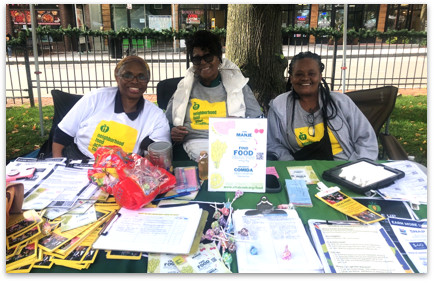
NFAC SNAP advocates tabling at local farmers’ markets and community events, providing personalized application assistance.
Related Resources
View All
